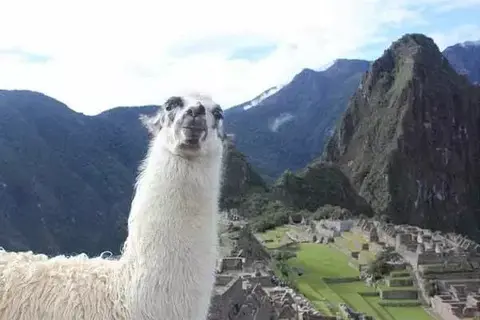Can A Parrot Eat A Cucumber?
Khai DoveTomatoes, cucumbers, and other vegetables are a permanent part of our diet. But can parrots eat cucumbers? After all, we want to give useful fruit and a pet! Let’s try to clarify this point.
Can parrots eat a cucumber: why is it useful for birds?
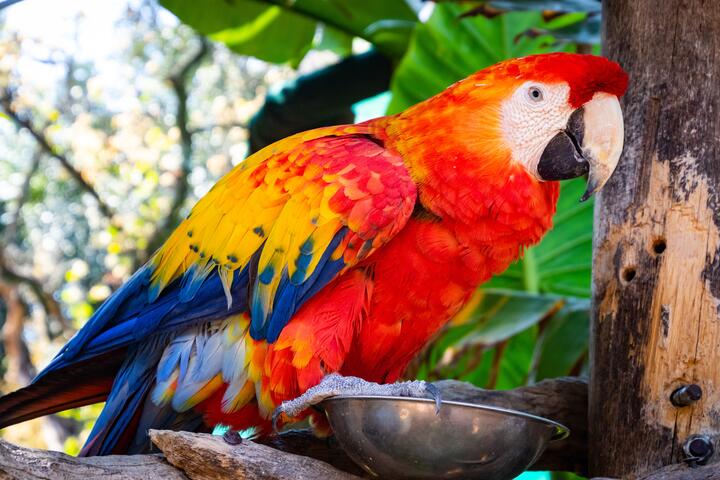 Photo by Magda Ehlers on pexels
Photo by Magda Ehlers on pexelsParrots can not only give cucumbers and tomatoes but also need! Birds have a great interest in them. And this applies to representatives of different breeds – and Budgerigars, and Cockatiel.
So, what is the use of fresh cucumbers for feathered pets? It would seem what can be useful in a vegetable, 90% of which is water? However, it tends to contain the following useful substances:
•Cellulose fiber – there is a long debate about its benefits for Cockatiels and other birds. Some researchers say that the parrot has almost no digestion of this element. However, as it turned out, and a small amount of it is enough to improve the gastrointestinal tract.
•Beta-carotene – prevents cellular oxidation. It is also worth to feed the bird with this vegetable, because thanks to it, the Cockatiel or Budgerigars is cleaned of toxins. To the surprise of many, such a harmful poison, as a toxin, is characteristic for birds.
•Folic acid – without it, the organs and tissues will not form properly. It also provides a high percentage of the production of enzymes and important amino acids. With folic acid, the cardiovascular and immune systems have nothing to fear.
•Vitamin A – responsible owners of birds are obliged to feed their favorites with food containing it. This vitamin strengthens the immune system, protects the skin from the negative effects of various external factors. Also, a Budgerigars or Cockatiel gets a strong healthy bone system.
•Vitamin B1 is indispensable for normal fat, carbohydrate, and protein metabolism.
•Vitamin B2 – amazing, but thanks to the most ordinary fresh cucumber, a Cockatiel or a parrot of another kind get a healthy reproductive system. This vitamin also helps the erythrocytes to form.
•Vitamin C – is necessary for normal hematopoiesis, maintenance of the hormonal system in good condition. Bacteria and viruses of different calibers with it are fearless, as practice shows!
•Vitamin PP – will support the blood, nervous, cardiovascular system in excellent condition. It will help to work better in the digestive tract, to exchange amino acids. It has been proven that food through PP is better absorbed.
•Potassium – helps the heart work. Together with magnesium, it regulates the so-called water balance in the body.
•Magnesium is necessary for almost all systems of the bird.
•Iodine – it is very abundant in cucumbers. Experienced parrot owners know it, and therefore, if possible, feed their favorite cucumbers. Iodine helps the bird’s brain to work better, the cells of the vessels make them more elastic. Fat metabolism also does not do without this element.
•Zinc – helps tissues to quickly update. Thanks to it, the musculoskeletal system and the muscles work more effectively. Metabolism improves.
•Cuprum – provides metabolism of amino acids, synthesizes hemoglobin, enriches the skin with collagen.
•Chromium – without it, carbohydrate and fat metabolism, normal tissue repair is impossible. The thyroid gland also functions better with this help.
•Sodium – promotes the activity of food enzymes, so that the rest of the food is perfectly absorbed. The nervous and muscular system cannot work without this element. Thanks to sodium, an important process such as salt metabolism also takes place.
Recommendations on how to feed a cucumber parrot correctly
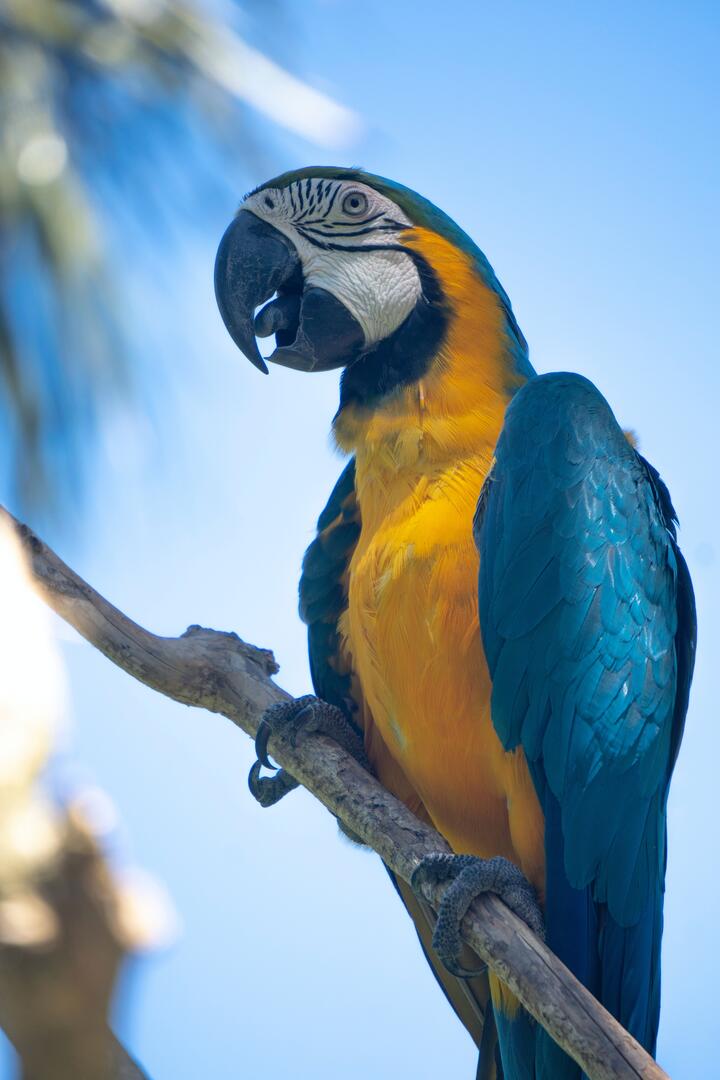 Photo by Oleksandr Pidvalnyi on pexels
Photo by Oleksandr Pidvalnyi on pexelsWe have figured out why caring owners feed parrots with cucumbers. Now we need to understand how to properly serve them:
•A cucumber must be fresh. Even if the processed vegetables seem unusually delicious and processed personally, you should remember that parrots are not human. His stomach may have a completely different opinion. The bird may even get poisoned, so no pickles!
•The fresh cucumber should be of high quality. What does it mean? If possible, it is better to serve that vegetable which is grown personally. Store cucumbers are not clear about how grown vegetables often contain nitrates and other substances. This is done to accelerate growth, to extend the shelf life of the product, to get rid of pests. Is it worth saying that such substances hurt the health of birds? Of course, not all people can keep their vegetable garden. In this case, you need to find places where they sell really good quality vegetables. It is also preferable to buy pickles in the season of their natural growth – winter ones more often contain nitrates.
•Cucumbers should be washed before serving. The best solution is also to peel it from the peel. Thanks to this step, toxins and other substances are more likely not to get into the stomach of your pet.
•For more convenience, it is better to cut the cucumber finely in the form of miniature bars. It is also possible to process a cucumber on a medium or large grater. And then you should hang it on special hooks, skewers – so the food will become a more interesting parrot. However, you can also put the vegetable in a bowl.
•You can’t give a lot of this vegetable to a parrot by any means! Despite the huge benefits. As usual, the “golden mean” rule applies here. For example, a piece of cucumber a day, cut into smaller pieces, is quite enough. If you feed the parrot from the soul, this kind of hospitality may not auction on the bird in the best way. In particular, the intestines and stomach will suffer. Especially in cases when the bird has an increased acidity of the digestive system. Such acidity is not normal, but in some parrots, it is found. Veterinarians call it “pathology of the digestive system”. Because there is a lot of water in the cucumber, the kidneys and the excretion system of the bird will not say “thank you” either.
Cereal food, which is often fed to Cockatiel and wavy parrots, is certainly useful. However, even more, parrots will be happy if you give them a product such as a cucumber. Either a tomato or some other vegetable, fruit, berry, melon. A bird, just like a man, loves variety. Especially if it is useful.
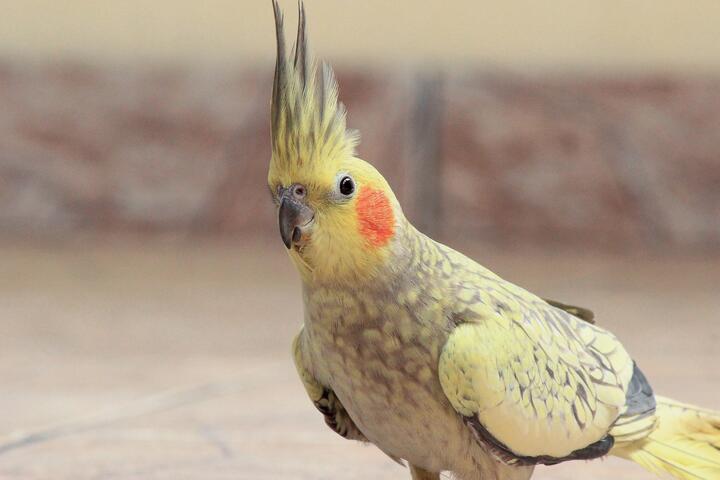 Photo by Werlley Meira on pexels
Photo by Werlley Meira on pexelsThere are numerous health benefits to adding cucumbers to a parrot’s diet. In addition to providing a source of fiber, potassium, and water, cucumbers also help maintain a healthy fluid balance and nerve signals. These properties help keep a parrot’s body fluid, which minimizes the risk of kidney stones, stroke, and osteoporosis. This vegetable also contains antioxidants, flavonoids, and vitamins.
Cucumbers can be eaten by parrots. The skin and seeds do not pose a health risk. The skin and seeds are not harmful to birds. However, the peel is not completely safe for your bird. It may contain pesticides or wax, which is toxic to parrots. To prevent your bird from suffering from any adverse effects, it is best to peel the cucumber completely. If you do not want to waste your valuable pet’s time or money, consider pellet-based food.
Cucumbers are not a food that causes severe health problems for your parrot. In addition to being safe for parrots to eat, cucumbers are nutritious for your birds. They contain beta carotene and Vitamin A, which fight off dehydration and help fight inflammation in the body. You should be able to serve cucumbers to your birds in any form without fear of harming them.
If you plan to feed your parrot cucumbers, make sure you avoid fried cucumbers. They are not safe for your bird’s digestive system, so it is best to avoid frying them. Instead, buy organically grown varieties and give your parrots a healthy alternative. Usually, they will be more expensive but they are worth the extra effort. It’s a good idea to avoid frying the cucumbers in order to prevent general health risks.
Cucumbers are an excellent addition to a lovebird’s diet. They can be a healthy addition to a bird’s diet. Just make sure to wash them thoroughly before serving them. Moreover, make sure that you don’t feed your parrot pickled cucumbers. If you can’t afford organic cucumbers, it would be better to choose pickled ones. You can order them online.
Cucumbers are low-calorie fruits and vegetables. They are packed with fiber, potassium, and vitamin C. They are also low-calorie. And because they contain a large amount of water, they can also be a great treat for parrots. They can eat them whenever they want. And they can eat as much as they want, too. The only problem is that they are a bit picky about what they ingest. But you can make them feel comfortable with it by presenting them with an organic cucumber.
Cucumbers are high-calorie vegetables. Whether you feed your parrot a single slice or a whole cucumber, they will likely eat a large portion of them. A healthy portion of cucumbers is ninety percent water, so they’re great for keeping your parrot hydrated. Try introducing a few slices every day and see if your parrot eats them.
Cucumbers can be safe for parrots, but it is important to make sure to wash them first. They are rich in water, so cucumbers are beneficial to the digestive tract. But a small slice is not enough for a healthy parrot. It can easily become too watery and cause diarrhea. To avoid this, make sure your parrot has plenty of water in its diet. You can serve a small piece of cucumber with salads and other foods.
Aside from being delicious, cucumbers are also healthy for parrots. The vegetable is rich in potassium and fiber and is a good source of vitamins. But it is essential to keep a clean cage to avoid any unpleasant results. So, be sure to keep your parrot safe by introducing cucumbers into their diet. This way, they’ll be happy and stay healthy for longer. And you’ll be able to enjoy the benefits of cucumbers even more.
Cucumbers are healthy for parrots, but they are not recommended for humans. Olives are not good for your parrots, and they can cause digestive upset. But cucumbers are not good for your parrot’s digestive system. You should only feed it in small amounts. This will avoid causing gastrointestinal problems. Cucumber can be beneficial to your pet. The crisp and succulent texture will keep it happy for a long time.
- BirdsInteresting Facts About The Brown Pelican
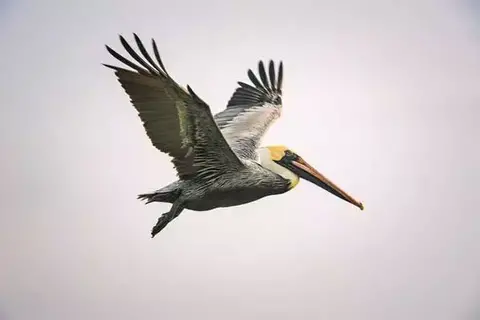
- BirdsWhat Is The Lifespan Of Peacock?By Karla Miller
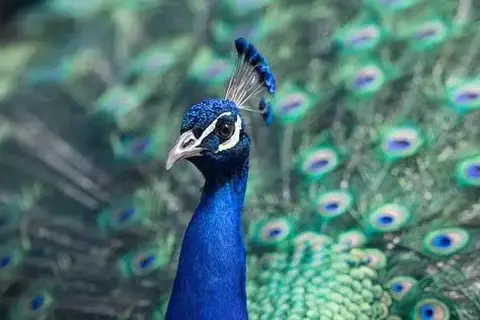
- RodentsWhat Do Hedgehogs Like To Eat?By Noah Young
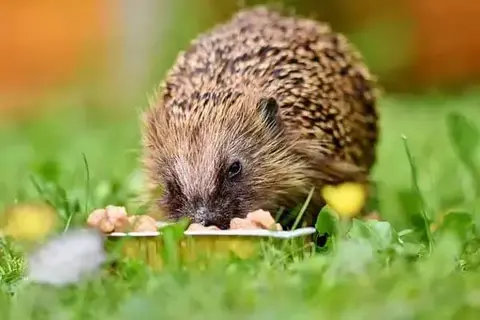
- DogsPuppy Health BasicsBy Karla Miller
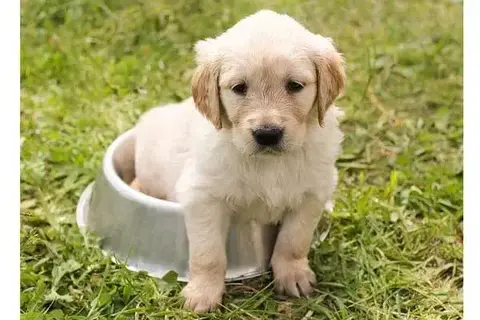
- WildlifeWhich Elephant Has Bigger Ears?By Karla Miller
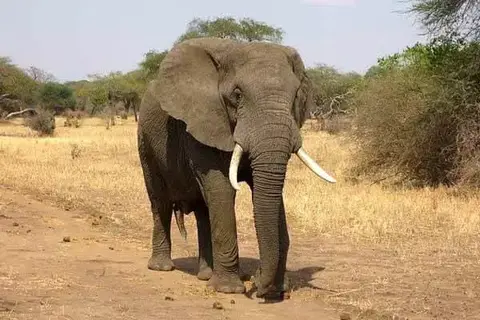
- CatsAdorable Animal Photos GalleryBy Lucas Torres

- Livestock30 Interesting Facts About DucksBy Charlotte Green
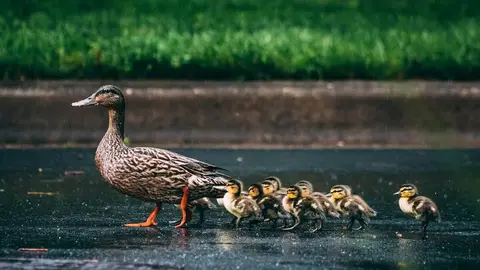
- WildlifePolar Bear Life Cycle: Life And FactsBy Karla Miller
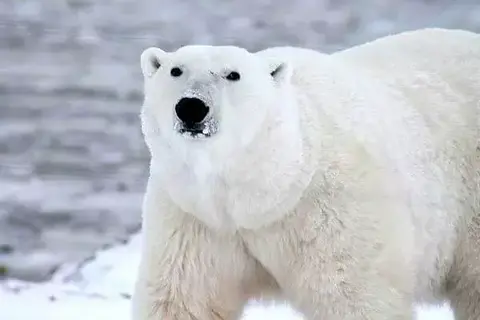
- BirdsWhat Do Owls Eat In The Wild And At Home?By Nolan Foster
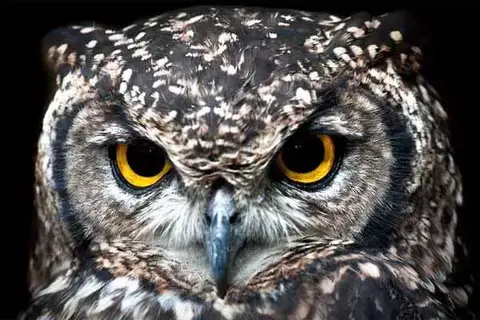
- Wildlife7 Interesting Facts About LlamasBy Amelia B
